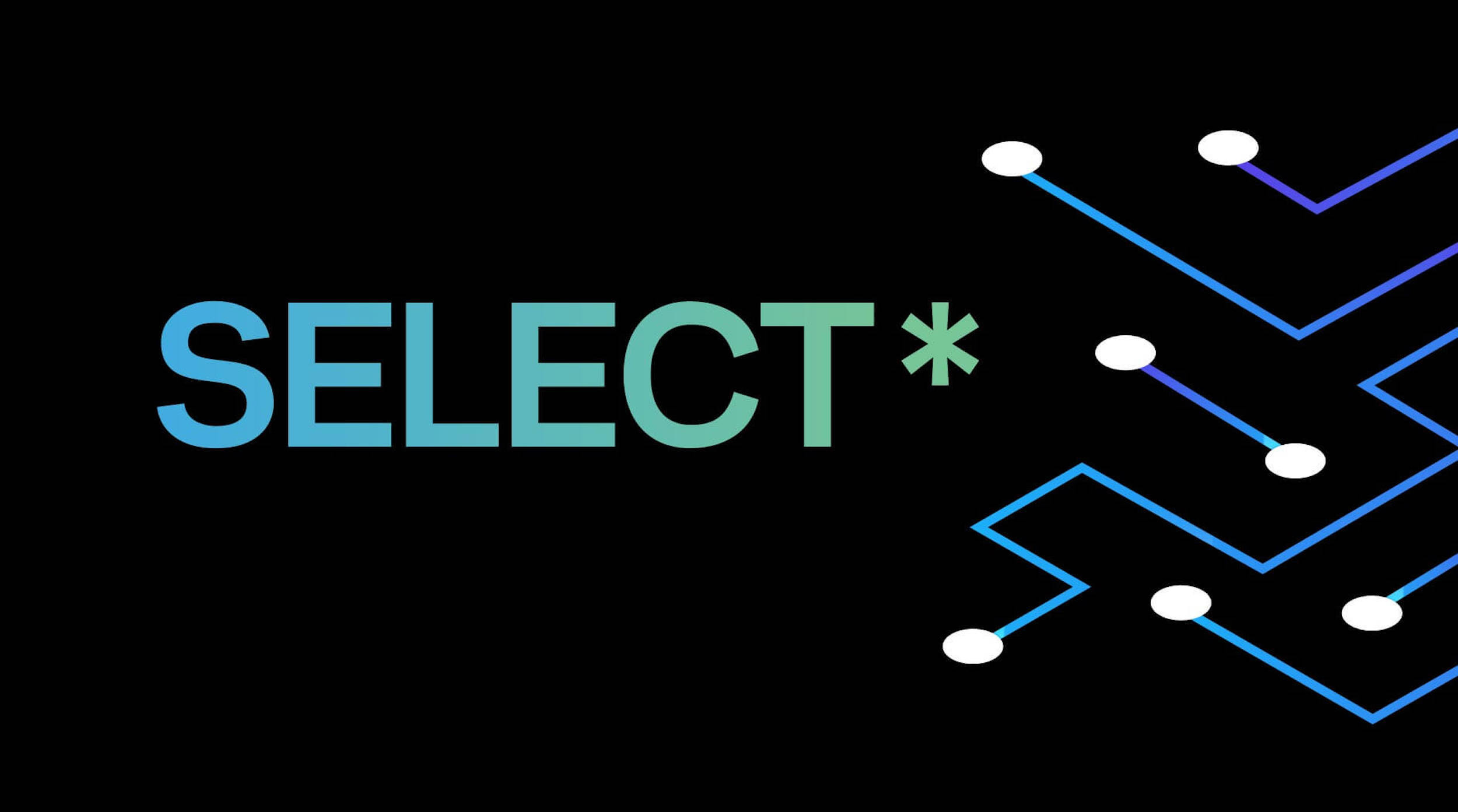Super Computers to Embedded devices, Linux’s ability to customize only the necessary packages, provides an abundance of advantages. Compared to other operating systems, Linux was the first choice to focus our development, while occasionally taking a few tangents to attempt a Windows build.
As a start-up, adding costs for licenses on top of the many other services that are required is not an ideal situation. Adding to the fact that Windows has only recently introduced an IoT compatible solution, with our finite number of developers, resources and time, maintaining down the path of least resistance made the choice simple, Linux.
Creating our foundation with a Node.Js interface, allowing developers to read and write data from the operating system’s resources, immediately widened the areas where HarperDB could be implemented. Node.Js allowed HarperDB the ability to be small enough to fit on Unix/Linux based micro controller technology as well as scale to super computers.
As the industry trajectory is veering towards more distributed computing, an IoT database can provide intelligence on the edge without asking a central server. IoT HarperDB HTAP (Hybrid Transactional/Analytical Processing) is paving a new era for databases shortening the data value chain.
w3Tech estimates that of the 66% of operating systems they know run Unix, 55% of that 66% is Linux. Windows cloud service, Azure Cloud, provides and runs more Linux servers instead of their own product. The Linux kernel has a basis in about every device that you come in contact with daily. Android on your phone, thermostats, drones, televisions and even the major car companies are funding and sponsoring Automotive Grade Linux projects. With that large of a market HarperDB, a fully indexed database, has the potential to live anywhere among this ecosystem. With the future moving towards us faster than we can act accordingly, Linux ushers certainty to keep HarperDB future proof.
The future of the operating system is getting fuzzy. System on a chip (SoC) is allowing hardware to more easily communicate or expose application interfaces for developers to utilize, instead of going through the operating systems, queues, memory buffers etc. An application may have direct access to the hardware without the help from a central operating system. Imagine directly talking to storage, which is already a capability in the new non-volatile memory hardware. Monitors, keyboards and sensors may no longer need a central operating system. Each with it’s own micro kernel and low-level OS may connect like a distributed system, built with it’s own memory and processing capabilities. Applications that connect them run on minimalist central processing units known as thin clients. Not to say operating systems will die, but the need for large bloatware only to be backwards compatible to archaic protocols, may soon be deprecated.
Arrays of programmable logic controllers, each has it’s own micro-kernel and operating system to help process data in real-time. These devices take input and send output signals directly to a microprocessor loaded with HarperDB that stores the signal and/or translates the signal to human readable format all to be available as fully indexed data. This particular micro-controller has no need for external connections for a keyboard, mouse or a monitor; only storage and network. Augmented with HarperDB’s native REST API, one can easily query all the data stored directly on the storage, distributed file system, a block chain or all of them. What is the operating system in this situation? Say you have a thin client that only uses a monitor that can connect to the internet internally and load a few apps and a keyboard that can talk to the monitor to run business intelligence applications to get data directly from the HarperDB REST API. It is some type of hybrid-distributed operating system.
Semantics aside, yes it is an operating system, it is just not as we know them today, and containerization is creating even more wild Venn diagrams of an operating system using the Linux kernel to run a QEMU emulator allowing one to run Google’s new operating system.
Technology is becoming more amazing everyday, we still have bio-computers and quantum computers to look forward to, but for now the Linux kernel is the most flexible and robust. We believe we made the right choice to make Linux our default operating system, even if you have a Windows machine, you can run a Linux VM or Linux container, and soon Ubuntu bash on Windows allows you to run a Linux subsystem on Windows. Fantastic!






.png)



.png)
